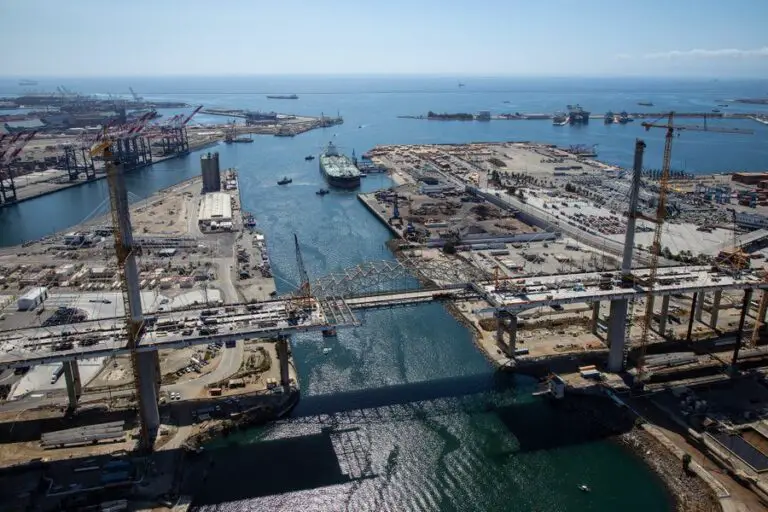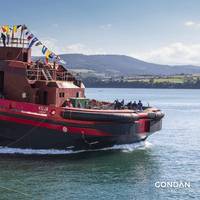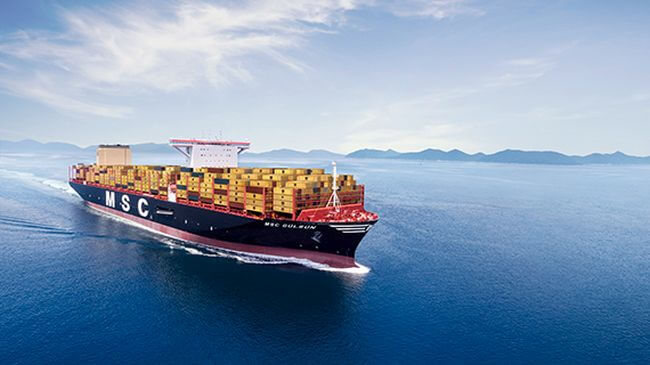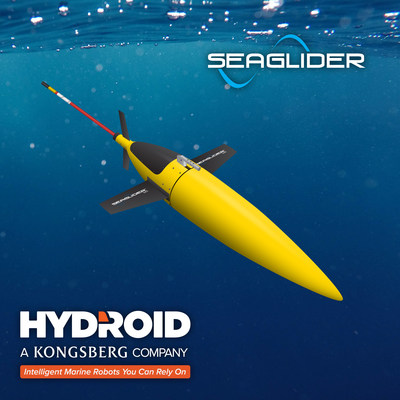Seven Industry Leaders Ink Cooperation Agreement For Transport Of Hydrogen
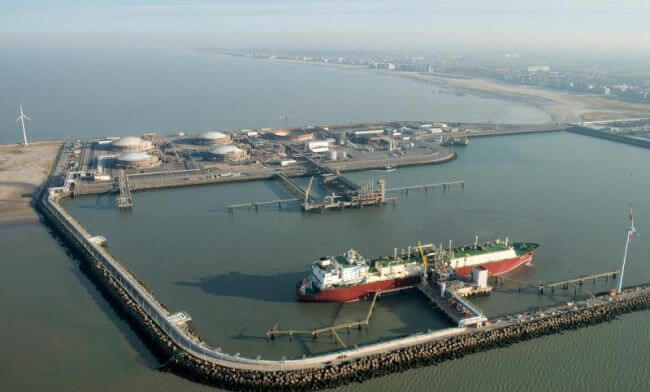
The reduction of emission of CO2 in Belgium by 80% by 2050 in comparison to the levels of 2005 is a big challenge. Hydrogen is one of the key elements in the solutions that will help achieve the target. Deme, Engie, Exmar, Fluxys, Port of Antwerp, Port of Zeebrugge and WaterstofNet have come together. A joint study and effort by them will help in coordinating the delivery of concrete projects which shape the production, transport and storage of hydrogen.
Bringing expertise together
In a hydrogen economy, hydrogen plays an important role as a carrier of renewable energy that is to be used for the production of electricity and heat, for mobility, for fuel production and as a raw material for industrial production.
There is an insufficient availability of wind and solar energy in Belgium that is why, part of the required renewable energy needs to be imported. However, specific expertise is needed for the efficient and economic solutions for the import, transport and storage of hydrogen.
Thus, seven important industrial players and public stakeholders namely, Deme, Engie, Exmar, Fluxys, Port of Antwerp, Port of Zeebrugge and WaterstofNet have joined hands and signed a cooperation agreement to bring together their expertise in a proper way and take actions for a Belgian hydrogen economy.
Roadmap for hydrogen as an energy carrier
In the first step, a joint study of the complete hydrogen import and transportation chain will be done by the partners. The goal is to find out the financial, technical and regulatory aspects of the different components in the logistics chain: production, loading and unloading and transport by sea and via pipelines.
The study aims to get a roadmap which will show the best way to transport hydrogen for the usage in energy and chemical industry. It is expected that the results of the analysis will be ready in about one year and will then help in making a strong project.
Pascal De Buck, CEO Fluxys: “As a gas infrastructure company, transporting and storing gas is the core of our business. Today this is natural gas but in time this will increasingly be replaced by other gases such as hydrogen and biomethane. By maximally reusing our infrastructure for carbon-neutral energy carriers, we are shaping the energy system of the future.”
Luc Vandenbulcke, CEO Deme: “We strongly believe that hydrogen can play a crucial role in the CO2-free energy transition. As a pioneer in the development, construction and financing of offshore wind farms, we want to make full use of our expertise for the production, transport and storage of green hydrogen from renewable energy sources. Thanks to this unique partnership of ports and industry, Belgium can play a leading role in the green hydrogen economy and further reduce CO2 emissions.”
Philippe Van Troeye, CEO Engie Benelux: “Hydrogen is an essential link in a low-carbon ecosystem. Our participation in this project and our desire to share our expertise in renewable energy and hydrogen fits perfectly with ENGIE’s ambition to be the leader of the carbon-free transition by developing integrated and customized solutions for our customers.”
Nicolas Saverys, CEO Exmar: “As an international transporter of natural gas, LPG, ammonia and other petrochemical gases, Exmar is also focusing on the future. We want to help investigate how the hydrogen gas transport chain can be developed in the most efficient and economic way. This way, our long-standing expertise in the transport and transformation of gas in the safest way can support all initiatives for the large-scale use of hydrogen gas.”
Jacques Vandermeiren, CEO Port of Antwerp: “We want to give every chance to hydrogen as an energy carrier, as basic element for chemistry and as a fuel, and therefore commit ourselves as an active pioneer of the hydrogen economy. As Europe’s largest integrated chemical cluster, we are an important link in this. We also look at collaboration with spearhead clusters and knowledge institutions and want to learn from this hydrogen coalition for our international ambitions.”
Joachim Coens, managing director Port of Zeebrugge: “Today, Zeebrugge is already an important landing point for the wind energy that is extracted in the Belgian North Sea. In the coming years we will have a build-up of a huge amount of variable renewable energy, from wind, sun and tides. The challenge is to transport and store these large quantities of green energy. The port of Zeebrugge has a role to play here, as a multifunctional energy hub. If hydrogen can be the solution for energy transport and storage, then this can perfectly take place in Zeebrugge, where state-of-the-art LNG infrastructure, i.e. storage capacity and pipelines, and years of know-how are available.”
Adwin Martens, Director of WaterstofNet: “As a pioneer in hydrogen development in Flanders and coordinator of the IBN Power-to-Gas, we are particularly pleased that a number of strong parties will bring their expertise together on the theme of large-scale import, transport and storage of hydrogen. This collaboration offers important perspectives for a further large-scale rollout of hydrogen applications.”
Reference: fluxys


